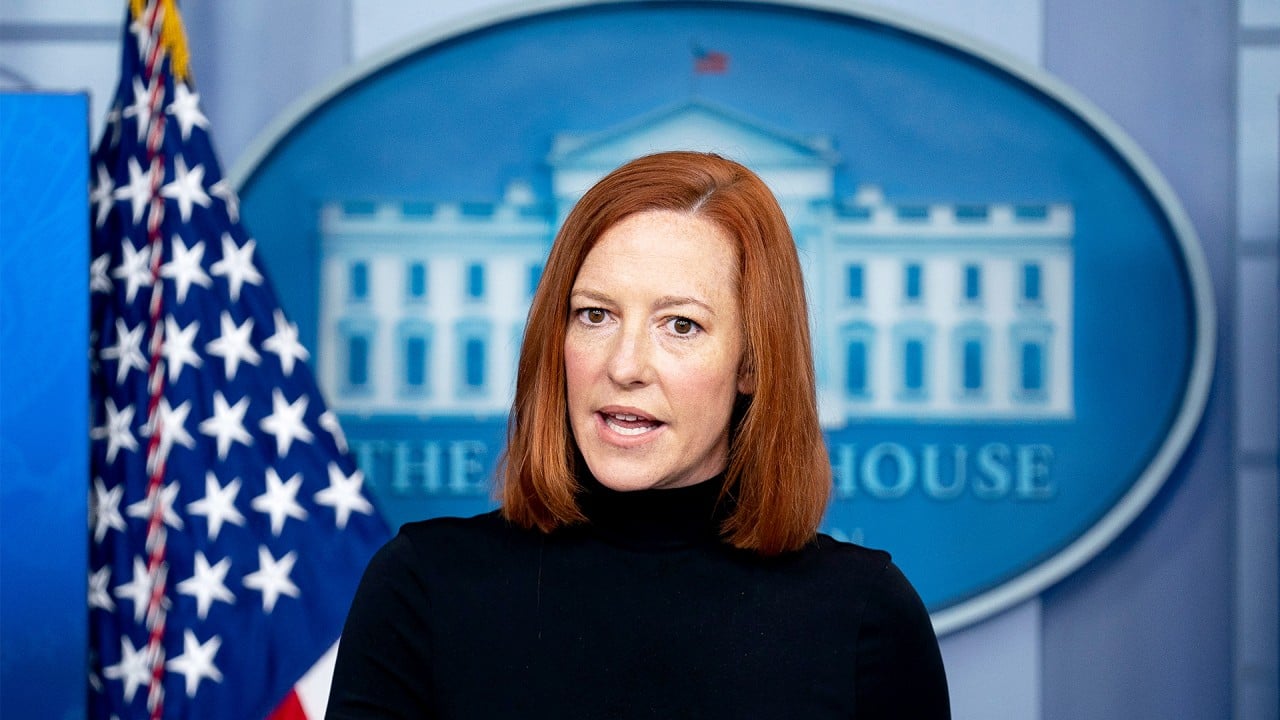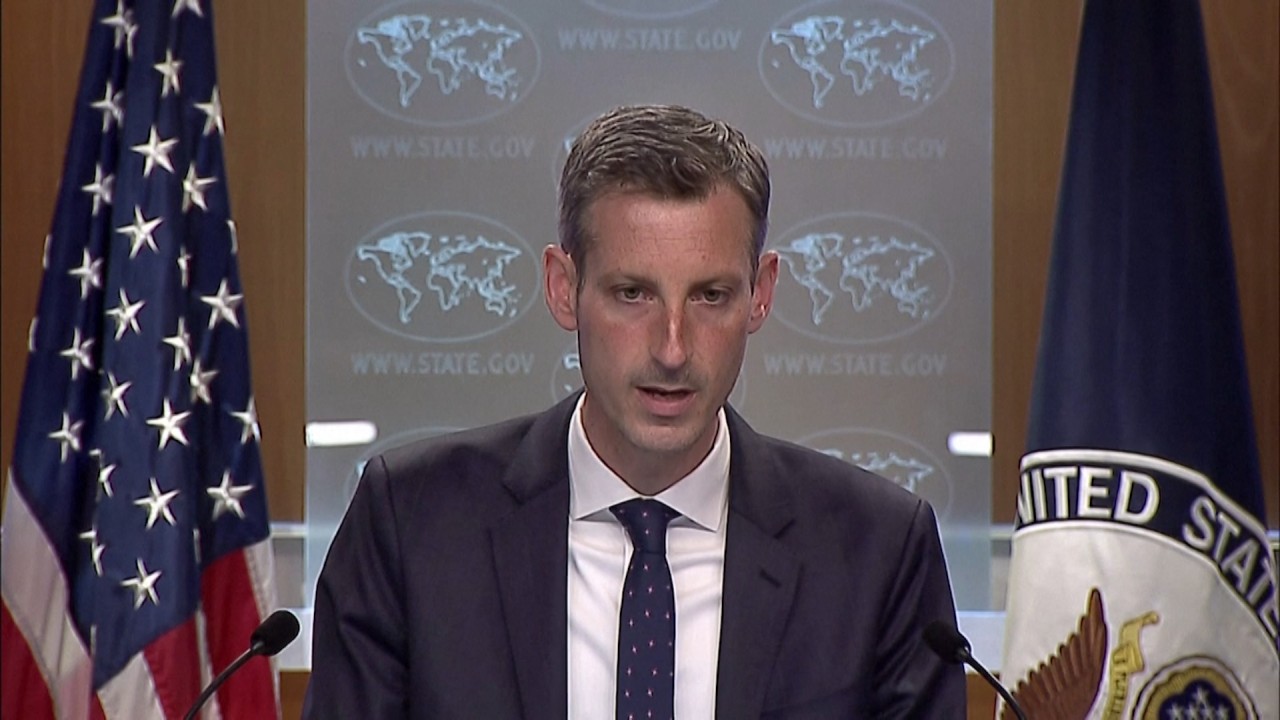
China is growing threat but internal issues may undercut its rise, top US intelligence officials say
- China employing ‘comprehensive approach to demonstrate its growing strength and compel regional neighbours to acquiesce’, says national intelligence director
- The open testimony follows the annual threat assessment of the US intelligence community, which ranked China as the top threat
But “it is worth noting that its economic, environmental and demographic vulnerabilities all threaten to complicate its ability to manage the transition to the dominant role it aspires in the decades ahead”, she added.
Haines’s comments on the challenges presented by China were echoed by an alphabet soup of US intelligence agencies, including leaders of the Central Intelligence Agency (CIA), Federal Bureau of Investigation (FBI), National Security Agency (NSA) and Defence Intelligence Agency (DIA).
“I don’t think there is any country that presents a more severe threat to our innovation, our economic security and our democratic ideals – and the tools in their toolbox to influence our businesses, our academic institutions, our governments at all levels are deep and wide and persistent,” said Christopher Wray, director of the FBI.
Wray cited the example of an indictment last fall relating to China’s “Operation Fox Hunt” allegedly involving illegal Chinese law enforcement activities on US soil designed to threaten, intimidate and harass members of the Chinese diaspora.
“It’s an indication and illustration of just how challenging and diverse this particular threat is,” he said.
The FBI has some 2,000 investigations linked to the Chinese government, he said. It is now opening a new China-related investigation every 10 hours on average and has seen investigations of economic espionage increase by 1,300 per cent in recent years, he added.
Wednesday’s testimony came as senators work on a bipartisan bill aimed at countering Beijing’s influence and its bid for technological supremacy.
“Competition and technology is right at the core of our rivalry with an increasingly adversarial Chinese Communist Party and Chinese leadership,” said William Burns, director of the CIA, adding that a third of the agency’s workforce was now focused primarily on technology and cybersecurity issues, a reflection of its importance.
Analysts said many of the points made about China as a rising military and geopolitical threat can be found in past reports and testimony. What is noteworthy is the broader context, some said.
“What’s really interesting about this report is that this is the US government speaking with one voice,” said Jeffrey Moon, head of China Moon Strategies and a former National Security Council official. “For the past four years, everyone knows that Trump didn’t stand by the intelligence community because he wanted to pursue his own agenda.”
The disconnect, particularly over Russia and Moscow’s meddling in the US election, was underscored by the fact that the Trump administration did not release a threat assessment report last year and was unwilling to see its director of national intelligence testify about threats before Congress.
Speakers from Haines to Virginia Democratic Senator Mark R. Warner, the committee’s chairman, referenced the importance of “norms and institutions” and the need to take a more systemic approach to US intelligence – an implicit reference to the Trump era’s sometimes disjointed approach.
And while the threat from China is unparalleled, several speakers emphasised that their concerns were directed at the Communist Party and at Beijing’s policies, not the Chinese people or Chinese-Americans, who have endured a sharp increase in hate incidents as US-China tension increased and the pandemic raged.

While China represents the top US national security threat, senior intelligence officials said, it is on a long list of risks that the country is facing.
Others include hostile Russian cyber campaigns, the North Korean nuclear threat, Iran, extremist and racist domestic groups plaguing democracies and transnational threats such as Covid-19, with a focus on “where, when or how” it was transmitted to humans.
On Wednesday, Chinese officials in Beijing pushed back on the US assessment that it is a threat, including in space, and that it is not interested in restricting its nuclear expansion.
“It is just another example showing how the US subscribes to the Cold War mentality, hypes up major power rivalry, and deflects its own responsibilities,” said foreign ministry spokesman Zhao Lijian. “Our capabilities pose no threat to anyone.”
Others include its ageing population, rising debt levels, minority tensions, eroding international reputation, with many of its best friends – such as Russia and North Korea – global pariahs, said Moon.
“There is growing pushback now on its overbearing attitude,” he added.
Additional reporting by Robert Delaney and Jacob Fromer



